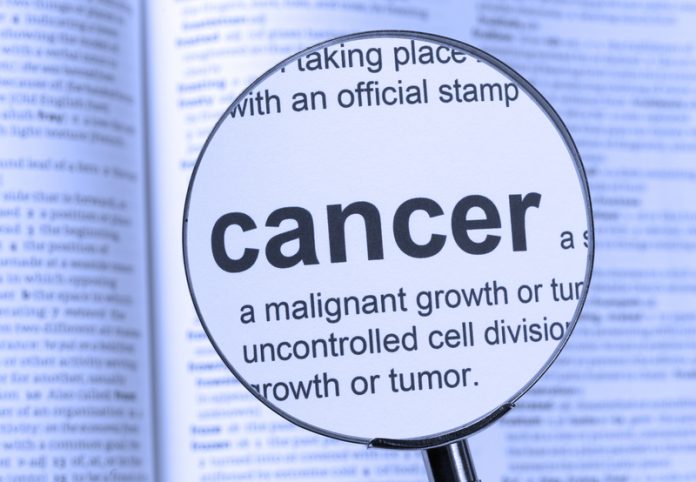Pavel Poc, Vice-Chair of the Committee on Environment, Public Health and Food Safety at the European Parliament, outlines why cancer research and innovation must not be at the expense of healthcare equity…
There is no doubt cancer is one of the greatest challenges of the current society. When discussing healthcare strategies, many tend to focus intensively on cancer research and the development of innovative therapies. Despite personally considering research in general as the motor of our progress in knowledge, we must be careful when identifying our priorities in this area.
Research and new technologies are of significant importance. What is even more important however, is its application and its consequent availability throughout our healthcare systems in an equally accessible way. Issues such as lengthy certification procedures, ethical questions, reimbursement management, or simultaneous adaptation of the health care infrastructure to the influx of innovations must be resolved in order to gain a real added value.
As a parliamentarian, when making conclusions after a day full of meetings and events related to healthcare, I must repeatedly battle 4 questions, which are essential for setting the strategy of any EU health care system or plan related, but not limited, to cancer:
- In the EU, which one would wish to think of as the flagship of the modern civilization, we have too many people dying simply because of not having access to basic healthcare because they simply cannot afford it. Have we forgotten the true sense of healthcare? In my opinion it is not to make money profits. Or is it?
- Many Europeans do not even have access to a plain paracetamol; forget about complicated cancer treatments. Despite considering myself a pioneer or innovator in regard to progress of the human kind and crossing distant boundaries, I ask whether it is effective and useful to obstinately invest in more innovations at any cost when this happens at the expense of using the existing medicine, procedures and technologies by as many people as possible?
- There are still considerable amounts of people, who cannot make a phone call because there isn’t simply any mobile phone reception in their area or because they do not a have a landline or, because they are simply too old or unable to manipulate a phone. In this case, is the so-called eHealth really the best way to a personalised medicine? Wouldn’t it be much easier to restart the time-tested idea of family doctors? Is personalised medicine about being more human or about being more techno, shiny and trendy?
- As lawmakers, we often hear it is necessary to lift obstacles and regulatory barriers of the healthcare industry. I ask, instead of disintegrating an already fragile house of cards, wouldn’t it be better to make all the regulations “bomben-fest und idioten-sicher” to prevent another breast implants scandals?
I am not saying that research and innovative methods should not be explored. In fact it is quite contrary; consider the issue of pancreatic cancer for example. But it will simply not bring us any good if the results, which always come at the expense of other important items of the healthcare budgets, were at the end of the day available only to a small select group of people, who can both access and afford it. Equity must be the fundamental principle of healthcare management.
Effective and humane treatment and care is an imperative, but I also highlight prevention, both primary and secondary, as it should have an outstanding place in the strategy planning of our cancer research efforts.
Last, but not least, it is important to note that none of the above can be used to its full potential without the cooperation and interest of the public. General awareness is a fundamental key to success. Therefore any action, which contributes to making people around us more aware about the basic cancer issues, is praiseworthy. Not matter whether it is the World Cancer Day, European Week Against Cancer, European Digestive Cancer Days or a simple chat with a friend.
Food for thought: I dare to raise one example of strange priorities in the EU decision making process related to healthcare: How much research about the cancerogenicity of glyphosate still needs to be done in order for the European Commission and the EU Member States to make an informed decision on the re-approval of this widely used, yet potentially carcinogenic, herbicide substance?
Pavel Poc
Vice-Chair of the Committee on Environment, Public Health and Food Safety
Vice-Chair of the MEPs Against Cancer Group
European Parliament
pavel.poc@europarl.europa.eu
http://www.europarl.europa.eu/meps/en/96715/PAVEL_POC_home.html











